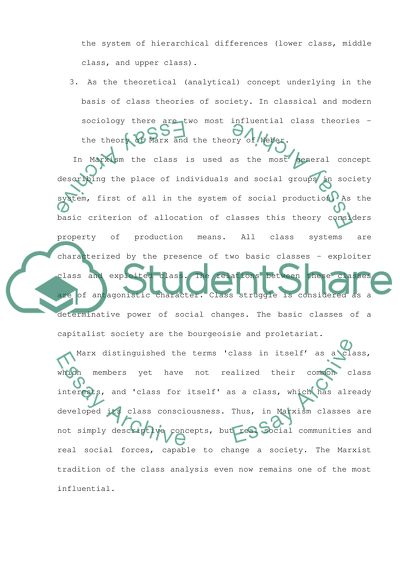Cite this document
(“Class Identity Essay Example | Topics and Well Written Essays - 2500 words”, n.d.)
Class Identity Essay Example | Topics and Well Written Essays - 2500 words. Retrieved from https://studentshare.org/sociology/1502218-class-identity
Class Identity Essay Example | Topics and Well Written Essays - 2500 words. Retrieved from https://studentshare.org/sociology/1502218-class-identity
(Class Identity Essay Example | Topics and Well Written Essays - 2500 Words)
Class Identity Essay Example | Topics and Well Written Essays - 2500 Words. https://studentshare.org/sociology/1502218-class-identity.
Class Identity Essay Example | Topics and Well Written Essays - 2500 Words. https://studentshare.org/sociology/1502218-class-identity.
“Class Identity Essay Example | Topics and Well Written Essays - 2500 Words”, n.d. https://studentshare.org/sociology/1502218-class-identity.


